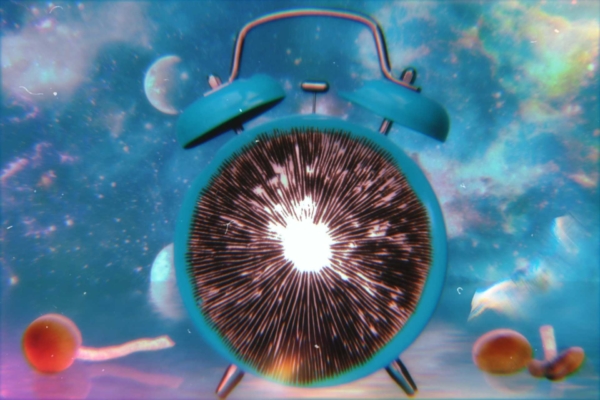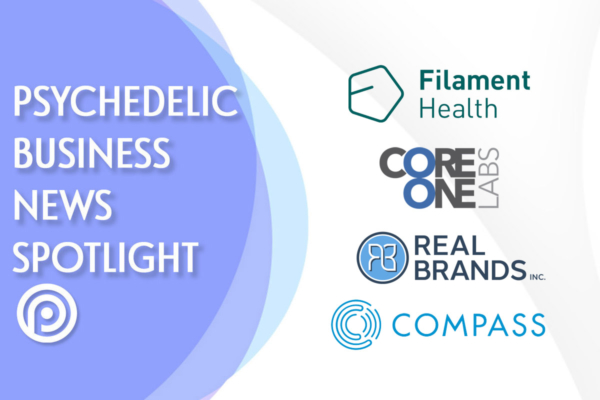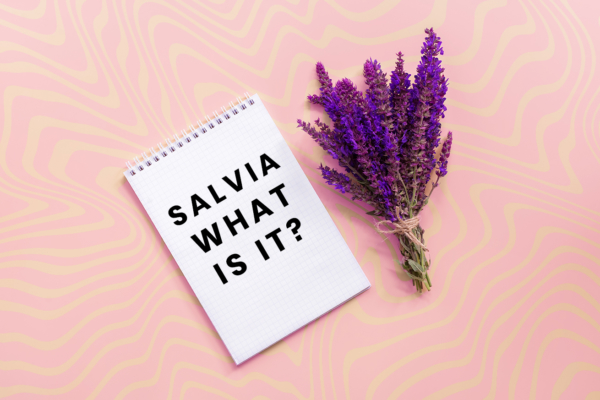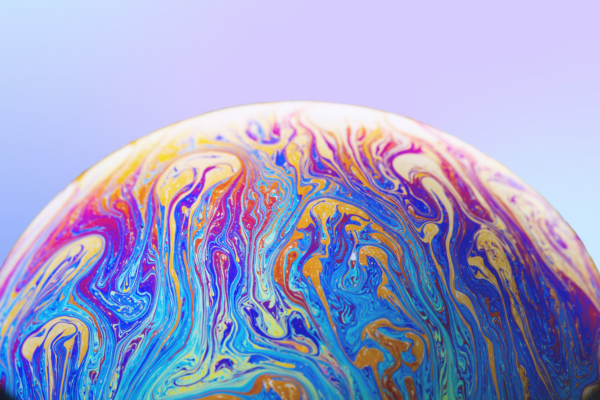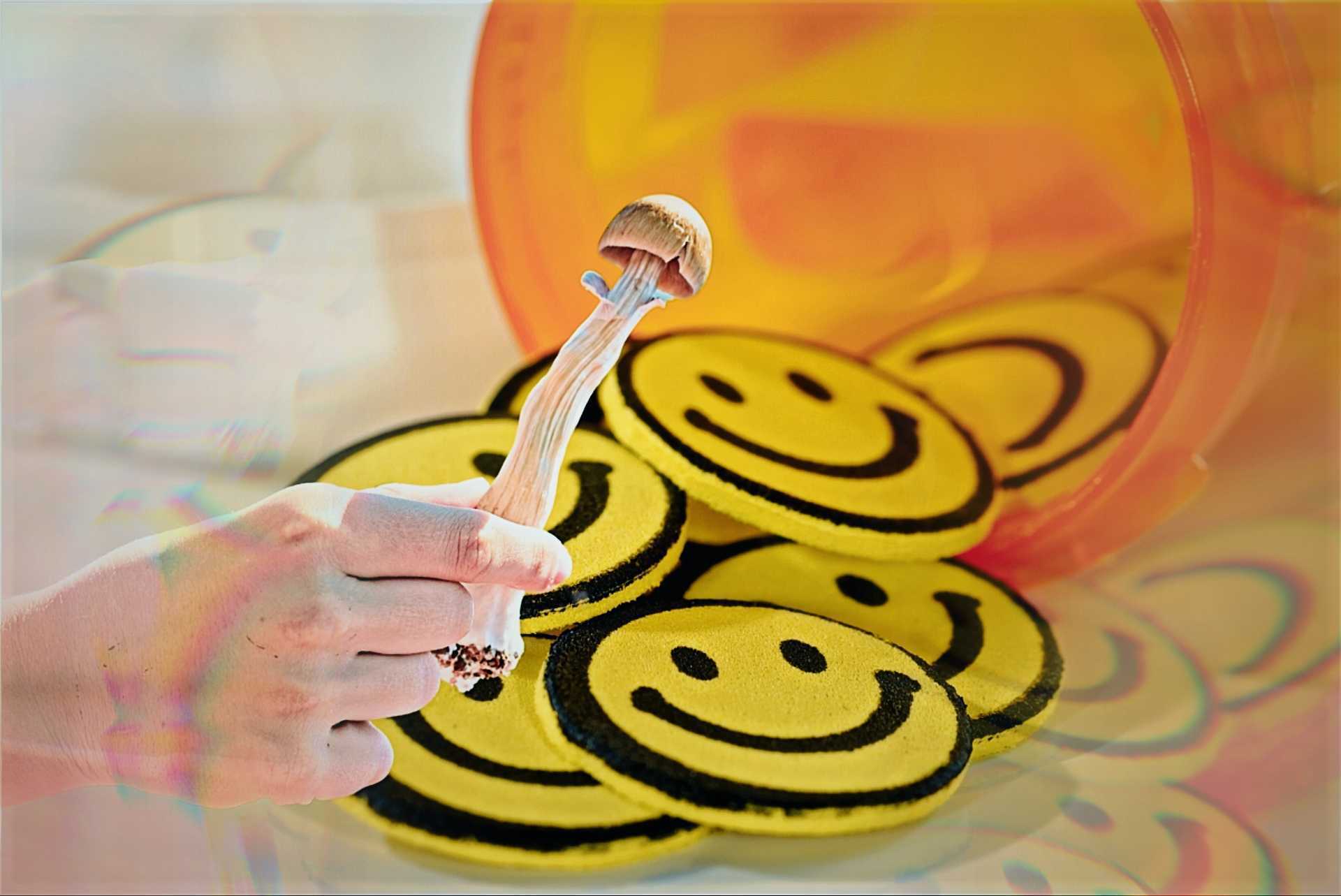
The use of psychedelic substances such as psilocybin and MDMA in treating major depression, post-traumatic stress disorder (PTSD), and other mental health conditions is becoming more prominent. As these substances show increasing promise, they could soon become a part of mainstream medical practice. Additionally, many people are seeking healing and spiritual experiences at psychedelic retreat centers, which could lead to a wider variety of individuals using psychedelics. However, this development raises concerns about the potential interactions between psychedelics and antidepressants, as most clinical trials have focused on the safety and efficacy of single psychedelic compounds and not their interactions with other medications.
Kelan Thomas, a psychiatric pharmacist with Touro University in California, is particularly concerned about the interaction of psychedelics with psychiatric medications such as serotonin reuptake inhibitor (SSRI) antidepressants. To address these concerns, Thomas and his colleague Benjamin Malcolm conducted a review of existing literature to evaluate the potential risks of combining psychedelics with psychiatric medications. Their findings, published in the journal Psychopharmacology, have helped us better understand the risks associated with the mixing of psychedelics and antidepressants.
Understanding Serotonin Toxicity

One of the primary concerns in combining psychedelics with psychiatric medications is the risk of serotonin toxicity or serotonin syndrome. Serotonin is a neurotransmitter that plays a crucial role in various brain functions, including mood regulation. Lower levels of serotonin are theorized to be associated with depression, and antidepressant medications theoretically increase these levels through different pharmacological mechanisms. However, excessive serotonin can lead to a range of symptoms, from nausea and anxiety to more severe, life-threatening reactions such as delirium, coma, and, sometimes, even death. Although serotonin toxicity is generally very rare, it is essential to analyze which drug combinations could increase its risk, given that many psychedelics and psychiatric medications modify serotonin neurotransmission.
Exploring How Psychedelics and Antidepressants Affect Serotonin
To understand the risk, one must first understand what different psychedelics do on a molecular level compared to antidepressants. Classic psychedelics, such as psilocybin and LSD, bind to the 5-HT2A receptor, preventing the binding of serotonin to the occupied receptors, while MDMA causes an increase of serotonin. As for antidepressants, SSRIs prevent synaptic cells from reabsorbing serotonin once released, and other antidepressants, like monoamine oxidase inhibitors (MAOIs), prevent the body from breaking down serotonin, other neurotransmitters, and psychedelic drugs, thus causing the effects of existing serotonin to be sustained.
Risk Assessment of Psychedelics and SSRIs
According to Thomas, most traditional tryptamines, like psilocybin and LSD, present a very low risk for serotonin toxicity when used alone or in combination with SSRIs. This may be due to the fact that this class of drugs do not inherently cause a rise in serotonin concentration, thus the risk of serotonin toxicity is low. Psilocybin and LSD are partial agonists at the 5-HT2A receptor, which indicates that they have the lowest risk for serotonin toxicity. A talk on antidepressants and psilocybin held by Dr. Erica Zelfand looked at the data of over 400 participants and found that there is not enough evidence to suggest toxic interaction between antidepressants (SSRI or otherwise) and psilocybin or LSD. Toxicity is extremely rare when mixing antidepressants with these two classical psychedelics.
Optimize Your Mental Health and Boost Your Mood & Concentration with Kon Kanna
MDMA Poses Greatest Danger Between Psychedelics Antidepressants
However, drugs like MDMA and other phenethylamines (mescaline, 2C-E, 2C-I, DOC, DOI, etc.) are at a much higher risk. Since SSRIs prevent the reabsorption of serotonin (and thus their decrease) and MDMA and other phenethylamines greatly increases serotonin concentrations, combining these drugs will cause sustained, elevated concentrations of serotonin that then poses a significant risk at causing serotonin toxicity. A 2021 study showed that MDMA and its metabolites or analogs demonstrated an increased risk of death when combined with four antidepressants: bupropion, venlafaxine, sertraline, and citalopram. It is important to note that bupropion is an antidepressant of the aminoketone class, venlafaxine of the SNRI class, and both sertraline and citalopram are SSRIs. The danger of mixing psychedelics with antidepressants does not just lie in SSRIs, but on all types of antidepressants.
Combining MAOIs and Psychedelics Holds Greatest Risk
The risk increases significantly when MAOI antidepressants are mixed with certain psychedelics. Even though these inhibitors are not prescribed as first-line antidepressants therapies anymore, they are still sometimes prescribed when other antidepressant therapies show little promise. Examples of MAOIs are isocarboxaxid (Marplan), phenelzine (Nardil), selegiline (Emsam), and tranylcypromine (Parnate). Since MAOIs prevent the breakdown of serotonin and psychedelics, it causes a prolonging of their effects. Combining a prescription MAOI with ayahuasca has been shown to possibly lead to increased risk of serotonin toxicity. We highlight prescription because we understand that ayahuasca contains certain plants that act as natural MAOIs. There is also significant risk when mixing MAOIs with MDMA and related drugs because of the sustained increase of serotonin; a case study from the 1980s highlighted the danger of mixing these two drugs in a man who developed hypertension, diaphoresis, altered mental status, and hypertonicity that lasted 5-6 hours.
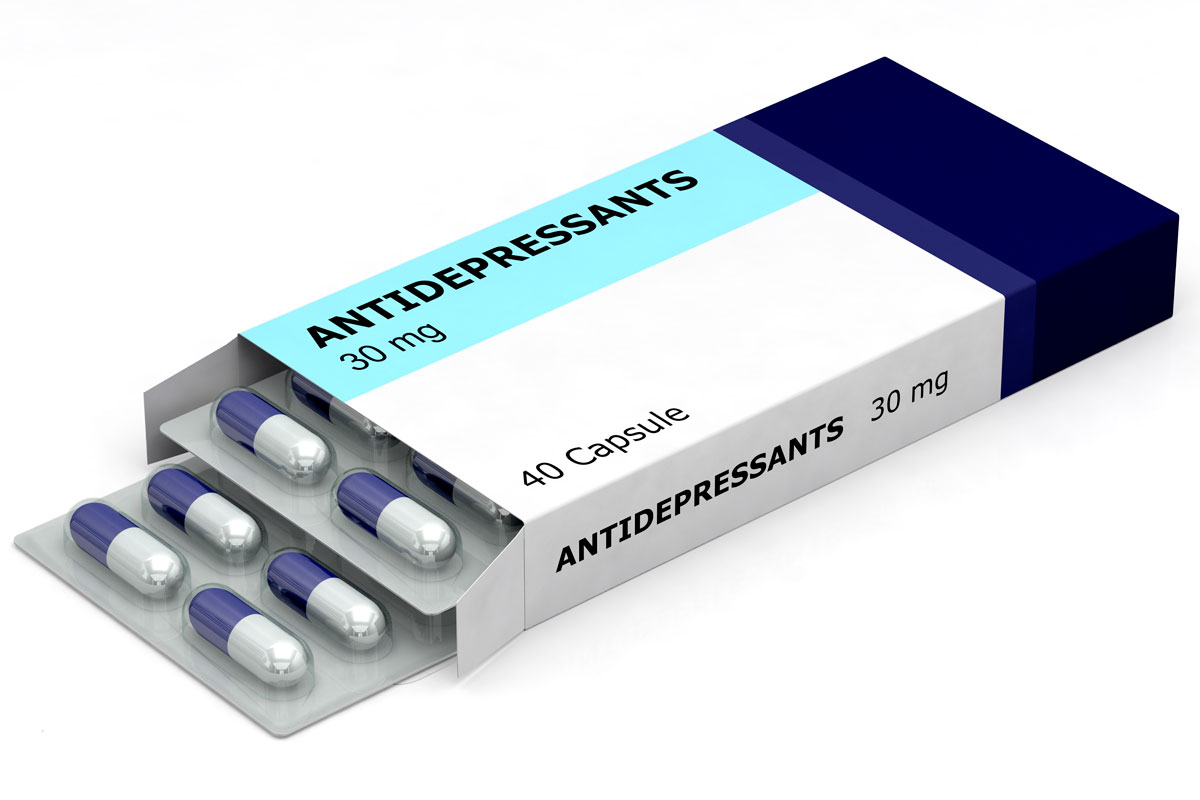
But on the other hand, combining MAOIs with LSD or psilocybin is less concerning, as it may only extend the duration and intensity of their effects. It is important to reiterate that these psychedelic drugs do not alter the concentration of serotonin, so that is where their relative safety lies when combined with drugs that otherwise would be considered dangerous.
The psychedelic where the most potential risk lies is 5-MeO-DMT, a tryptamine psychedelic that has stronger activity at the 5-HT2A receptor than serotonin. There have been a few case studies highlighting fatal serotonin toxicity when mixing ayahuasca with 5-MeO-DMT, although these cases are rare. Little data exists on how specific antidepressants interact with 5-MeO-DMT. An extrapolation that can be made from this is that, since ayahuasca contains natural MAOIs, people who are taking prescribed MAOIs should therefore abstain from mixing these antidepressants with 5-MeO-DMT. If its activity is stronger than serotonin at the receptor, then MAOIs will prolong and amplify serotonin-like activity and lead to serotonin toxicity.
See also: Combining DMT with SSRIs Bolsters DMT’s Efficacy in Treating Severe Depression
The Need for Further Research on Psychedelics and Antidepressants
Since evidence for psychedelic drug interactions is limited, Thomas and Malcolm’s paper serves as a good impetus for further research and discussion. Understanding the impact of psychedelics on serotonin levels is a starting point to assessing the risks associated with antidepressants.
The growing interest in psychedelics for mental health treatment and spiritual exploration underscores the need for a comprehensive understanding of the risks associated with combining these substances with other medications. For clinicians, researchers, and psychonauts, the key takeaway is to exercise caution when combining MDMA with a majority of antidepressants and when mixing MAOIs with psychedelics. The literature shows that mixing classical tryptamine psychedelics (LSD or psilocybin) with SSRIs is generally safe. It is important to note that there is not a lot of research out there focusing on drug-drug interaction, so these conclusions are being based on a small pool of information. As the field of psychedelic medicine continues to evolve, more information will become available regarding their interactions with antidepressants. With psychedelics quickly climbing up the legislative ladder and their widespread clinical use nigh, further research on drug interactions needs to occur to ensure the safety of patients.

